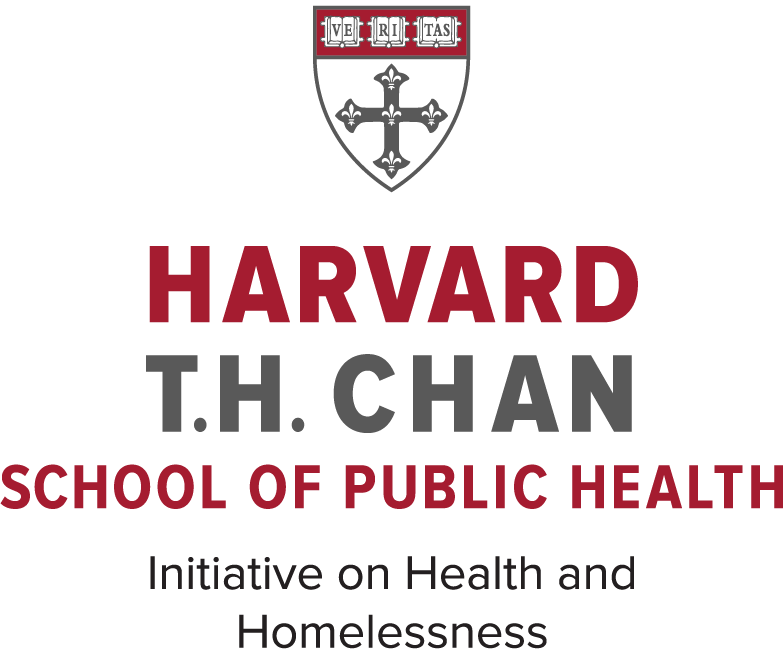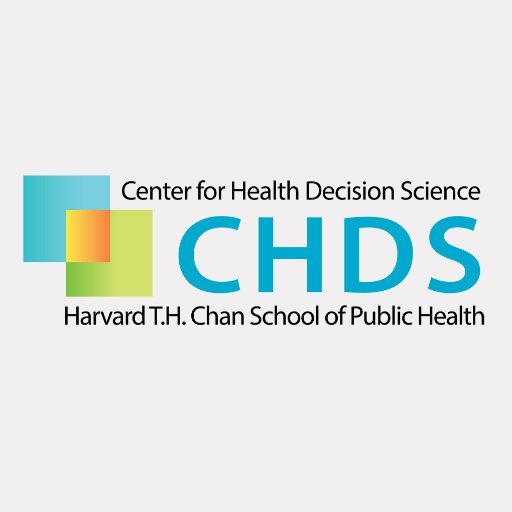The mission of the Center for Health Decision Science is to promote more informed and systematic decision making in the use of health-related technologies and public health practices both in the U.S. and worldwide, through the theory and application of decision science. At the heart of the Center is our creative and committed community, consisting of faculty, visiting scholars, researchers, fellows, staff, students and trainees.
Ariadne Labs is a joint health system innovation center of Brigham and Women’s Hospital and Harvard T.H. Chan School of Public Health working to save lives and reduce suffering by creating scalable solutions that improve health care delivery at the most critical moments for people everywhere. The vision of Ariadne Labs is for health systems to deliver the best possible care for every patient, everywhere, every time. Our programs and projects are at varying stages of development, from prototyping to wide-scale dissemination around the world.
Through fostering a culture of exchange, the Division seeks to break down barriers that keep knowledge from flowing where it’s most needed. Developing new models of expertise to respond to 21st century health threats, the Division offers programs to enhance global and national leadership, to transform communication, and to improve emergency preparedeness and response. Helping to translate science into policy is The Leadership Studio, a state-of-the-art webcasting and videoconferencing facility that can quickly convene expert researchers and policymakers to consider compelling health issues. Working together, today’s public health experts and policymakers share an innovative opportunity to bring evidence-based solutions to public health. In doing so, they possess the potential to improve millions of lives.
The primary focus of the Harvard Injury Control Research Center is on the interdisciplinary
study of the causes and etiology of injury and its application for the development and evaluation of
prevention and intervention strategies and policy. Within this focus, HICRC currently has two primary
areas of strength:
1. Violence — primarily youth violence and family violence, and
2. Cross-Cutting Issues — including alcohol and other drug use, firearm use, and treatment setting.
HICRC is particularly concerned with identification of vulnerable populations–those that suffer an
unusually high mortality and burden of morbidity due to injuries. The goal is to identify specific
determinants of injuries among these populations and investigate how to reduce injuries for these
populations.
The Harvard Opinion Research Program has played a key role in over 300 public opinion surveys on health and social policy in the U.S. and nearly 30 other countries. The Program is unique in its effort to assess people’s attitudes in relationship to their knowledge, values, and experiences. The Program’s researchers have published more than 200 articles in five major areas of research: health care policy, health and safety emergencies, economic and social policies, international public health and health policy studies, and election studies.

The Initiative on Health and Homelessness (IHH) at the Harvard T.H. Chan School of Public Health recognizes that the profoundly inadequate state of public health education, research, and translational efforts regarding homelessness has hindered progress in solving health issues related to housing instability.
Homelessness is deeply entwined with broader issues of poverty, social disparities, education, welfare, and corrections, as well as obstacles to accessing integrated medical, mental health, and substance use disorder care. This challenge represents a complex and intractable social crisis in urgent need of comprehensive solutions. Yet, the state of research and teaching—particularly with respect to the public health aspects of homelessness—does not come close to meeting the urgency of the problem. Noted knowledge gaps leave national and local leaders without the evidence and strategic perspectives they need to make wise funding and policy decisions.
The central objective of IHH is to build an academic community dedicated to addressing the knowledge gaps in the area of health and homelessness through education, research, and translation.






